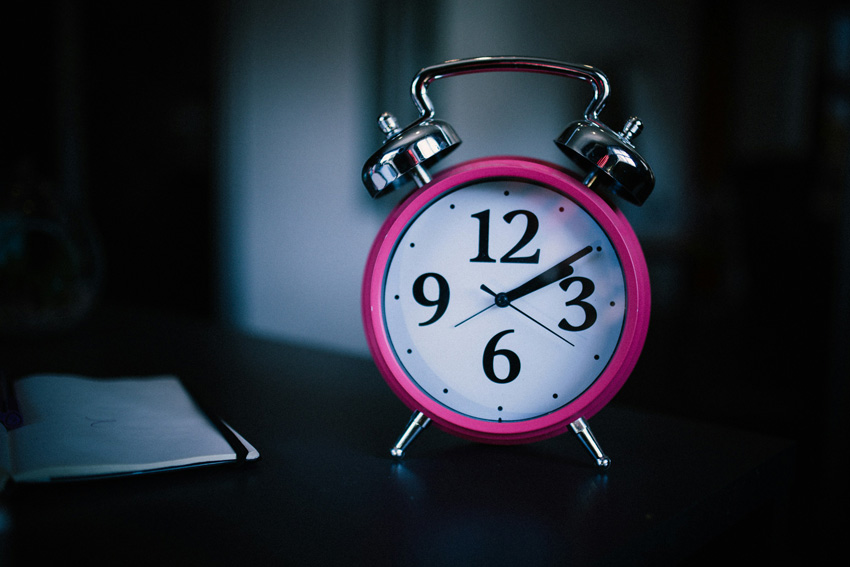
The clocks spring forward this weekend, marking the start of British Summertime. While this brings many positives like better weather and longer daylight hours, there’s also a downside – we lose an hour of precious sleep. Some may wonder if one hour really makes a difference, but it does. It can be surprisingly challenging, and waking up on Monday morning might be even harder than usual.
With Summertime daylight saving, when we move our clocks forward, it disrupts our circadian rhythm, throwing our internal body clocks out of sync with our normal day/night cycle. How well we adapt to this change depends on various factors. Here are some frequently asked questions about adjusting to the clocks going forward:
How long does it take to adjust to losing an hour’s sleep?
Typically, within a day, most people should feel fine as our bodies are generally good at adjusting to one-hour changes. However, some may feel an impact, especially if they already don’t get enough sleep.
If I sleep less, will I feel worse the following morning?
If you have a healthy sleep pattern and go to bed slightly earlier the night before the clock change, you’ll likely still wake up feeling refreshed. However, if you’re already not getting enough sleep, you might experience irritability, moodiness, lack of concentration, fatigue, and daytime sleepiness.
What can I do to prepare for the clock change or reset my body clock?
Gradually move your bedtime earlier by about 10 minutes each day leading up to the clocks going forward. This will make the hour loss on Sunday feel less severe. Additionally, expose yourself to natural or artificial light the following morning to help suppress melatonin levels and reduce sleepiness. Instead of napping, go outside in the afternoon to get fresh air as it helps reset your biological clock.
To enhance your chances of falling asleep and staying asleep, practice good sleep hygiene.
- Limit alcohol and caffeine intake
- Engage in exercise (but avoid doing it too close to bedtime),
- Disconnect from gadgets at least an hour before bed and establish a calming wind-down routine.
- Create an ideal sleeping environment, ensuring that it’s cool, quiet, dark, and free of clutter.
- Don’t forget the importance of a comfortable mattress, a supportive pillow, and appropriate bedding.
At BodyMould our memory foam mattresses and toppers can make a big difference to how well you sleep at night. Our high-density memory foam moulds to your body as you sleep, cradling you in every position and providing personalised comfort and support. We offer memory foam mattress and topper options to suit everybody, so come and browse our range to find the best size and style for you.
If you need advice or help our team of mattress experts can help you transform your sleep with the perfect memory foam mattress or topper by guiding you to the right mattress or topper especially for you. We make everything ourselves so there’s nothing we don’t know about sleeping comfort, pressure relief and the right support so do get in touch. Contact us online or call us on 01293 871744 and our friendly team will be happy to help.
Photo by Mpho Mojapelo on Unsplash
